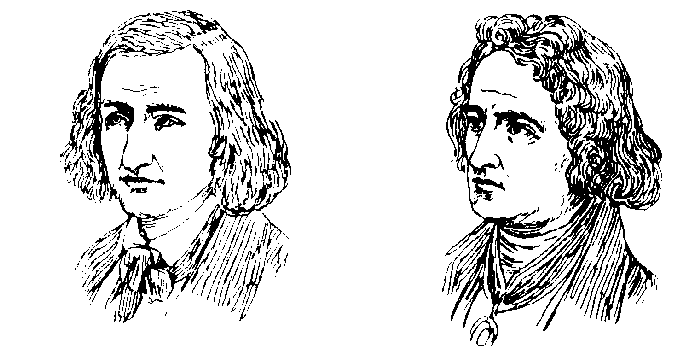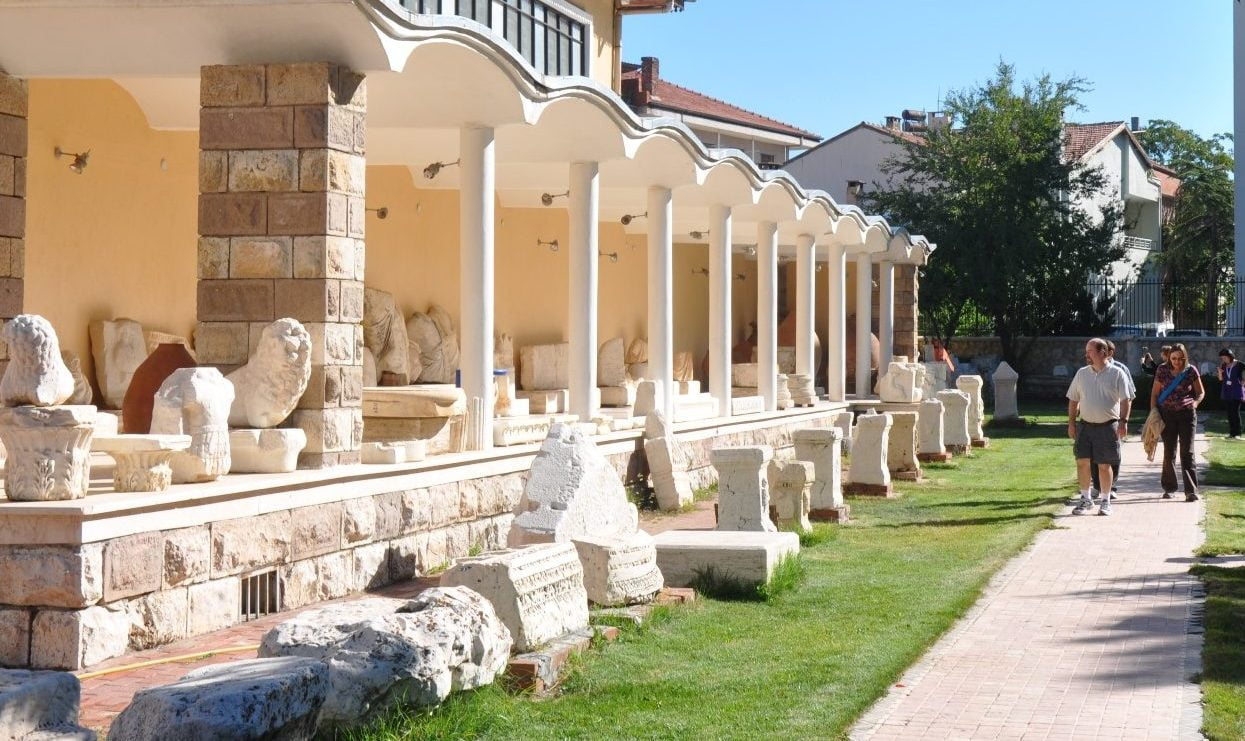Jakob Grimm (1775 – 1863) Wilhelm Grimm (1776 – 1859)
The Brothers Grimm, as they are still affectionately called, were both scholars of high repute, and both professors at the University of Berlin.
Though they contributed a great deal to the science of philology and the history of literature, their fame rests chiefly on their collections of folktales, issued under the title Children`s and Household Stories, in 1812 and 1814. These were the result of personal investigation and travel.
Little Briar Rose is only one of their many charming tales. It is to be observed that in the work of the Brothers Grimm the writers have molded each story with a conscious art: they are not to be classified as scientists, but artists.
The present version, anonymously translated, is reprinted from an undated London edition of the Tales of the Brothers Grimm.
Little Briarrose
(From Children`s and Household Stories)
Long ago there was a king and a queen. They said every day, “Oh, if we only had a child!” and still they never got one. Then it happened, when once the queen was bathing, that a frog crept ashore out of the water, and said to her, “Your wish shall be fulfilled. Before a year passes you shall bring a daughter into the world.”
What the frog said, happened, and the queen had a little girl that was so beautiful that the king could not contain himself for joy, and made a great feast. He invited not only his relatives, friends, and acquaintances, but also the wise women, that they might be gracious and kind to the child.
Now, there were thirteen of them in his kingdom; but because he had only twelve gold plates for them to eat from, one of them had to stay at home.
The feast was splendidly celebrated, and when it was over the wise women gave the child their wonderful gifts. One gave her virtue, another beauty, another wealth, and so with everything that people want in the world.
But when eleven had spoken, suddenly the thirteenth came in. She wished to avenge herself, because she had not been asked; and without greeting or looking at anyone, she cried out, “In her fifteenth year the king`s daughter shall wound herself on a spindle, and fall down dead.” And without saying another word, she turned around and left the hall.
All were frightened. When the twelfth came up, who had her wish still to give, since she could not remove the sentence, but only soften it, she said, “Yet it shall not be a real death, but only a hundred years` deep sleep, into which the king`s daughter shall fall.”
Read More about Love and Bread part 1








